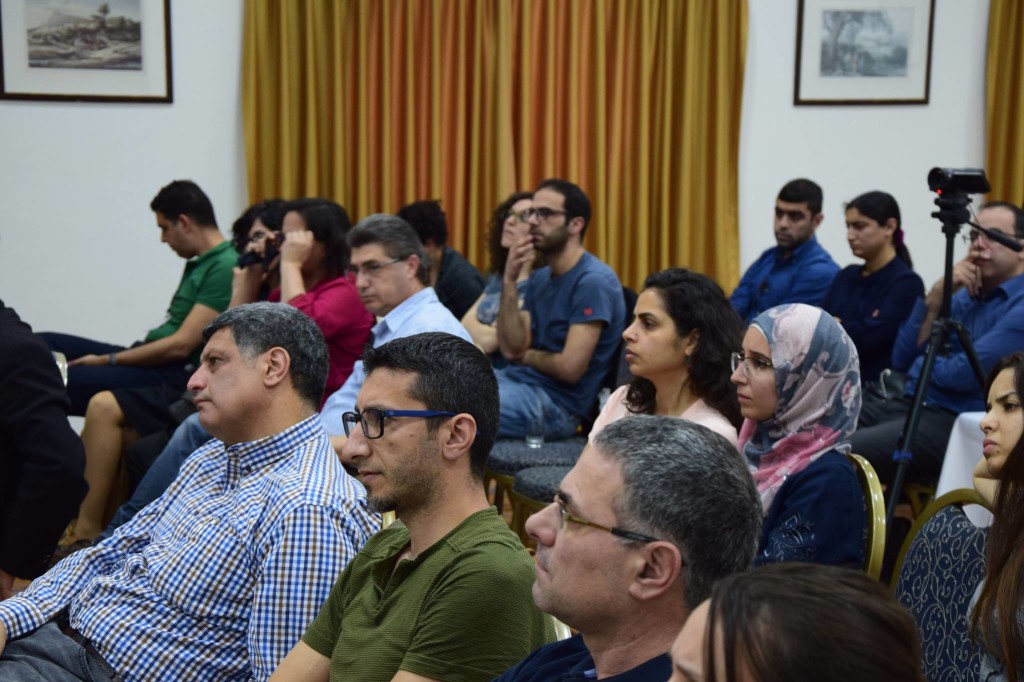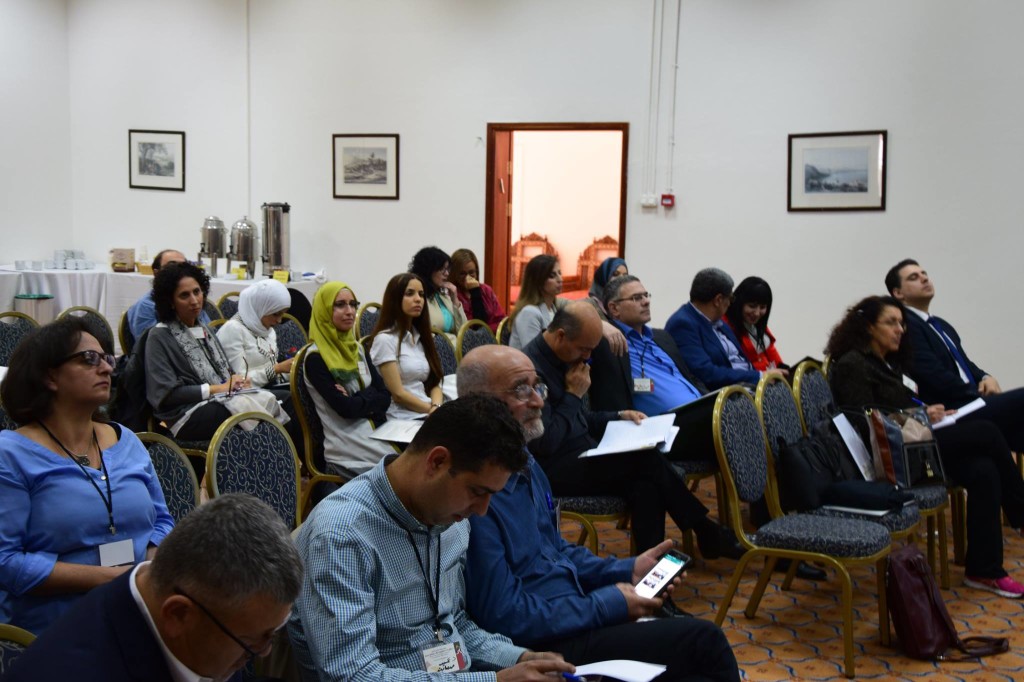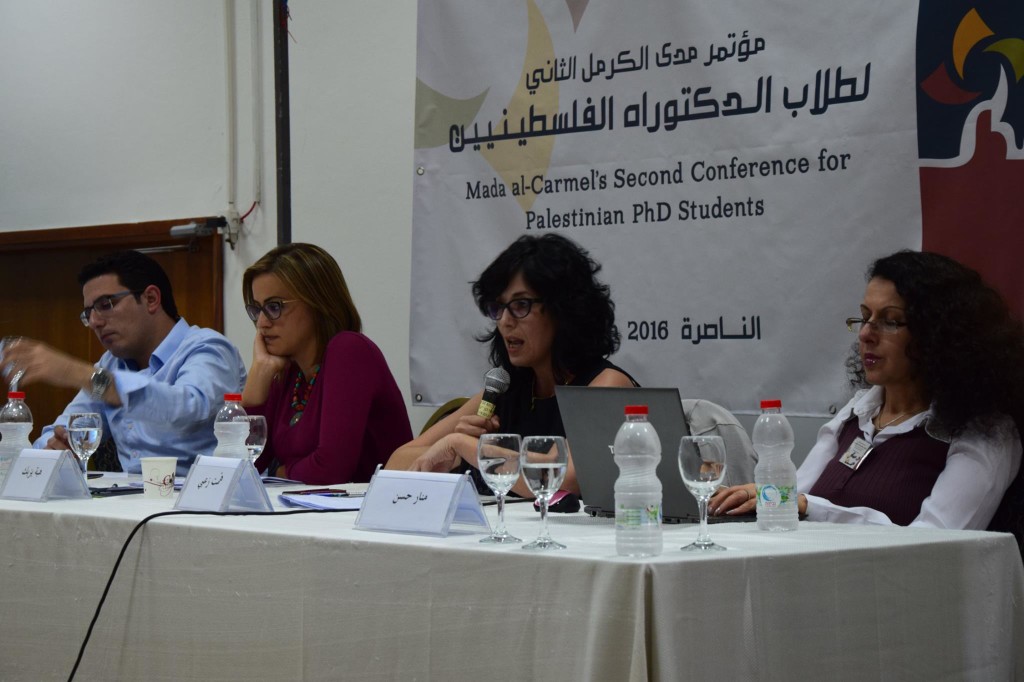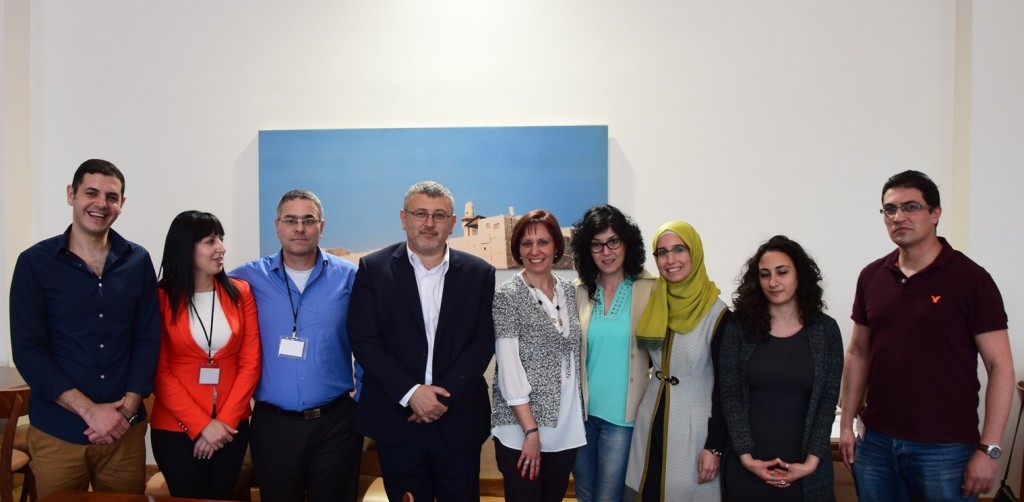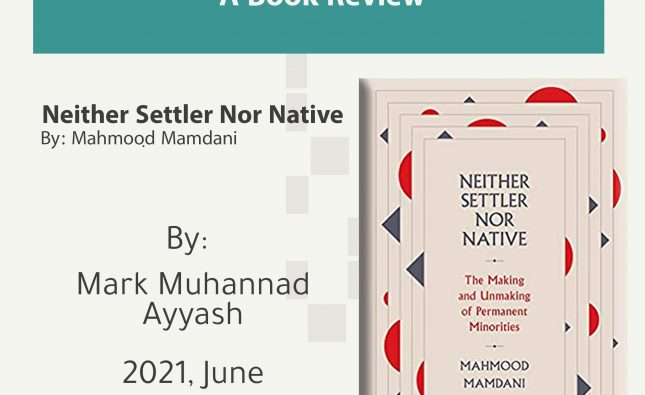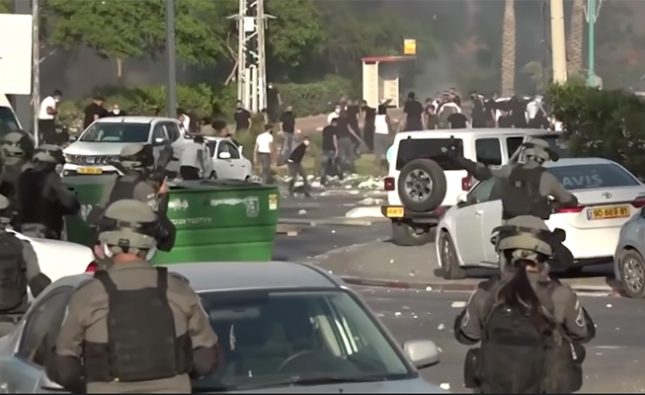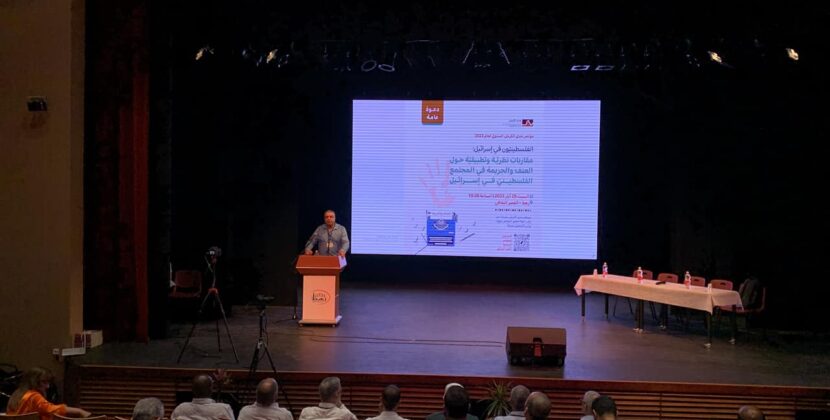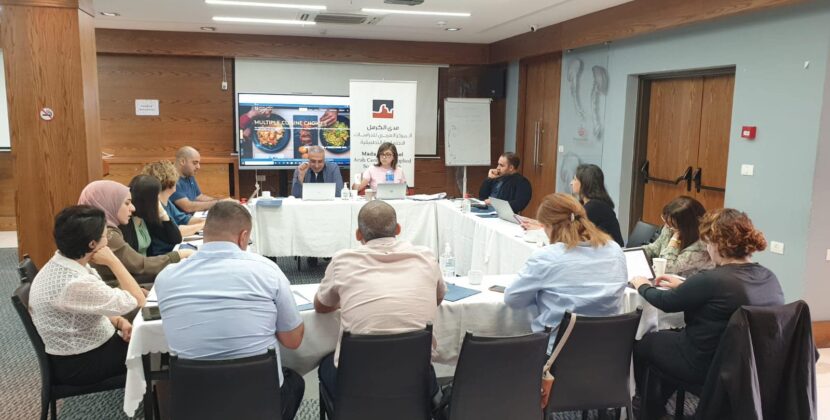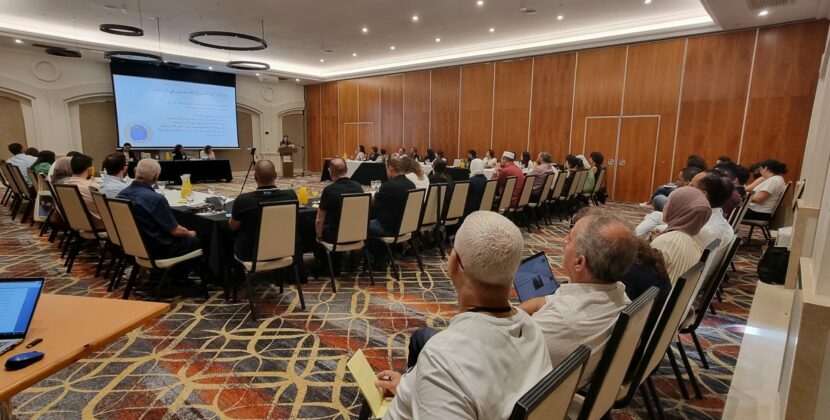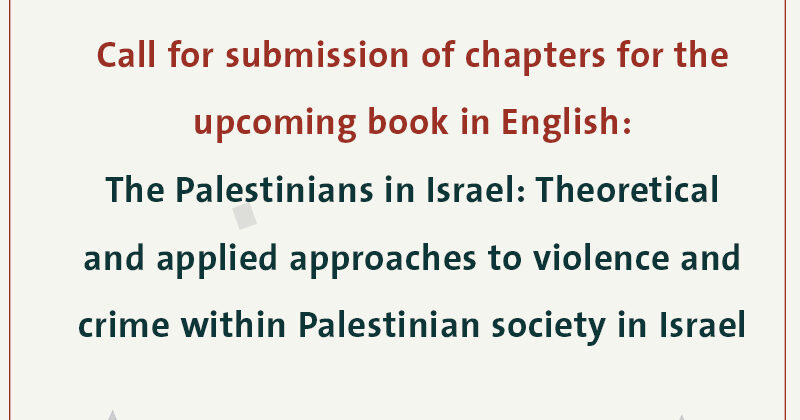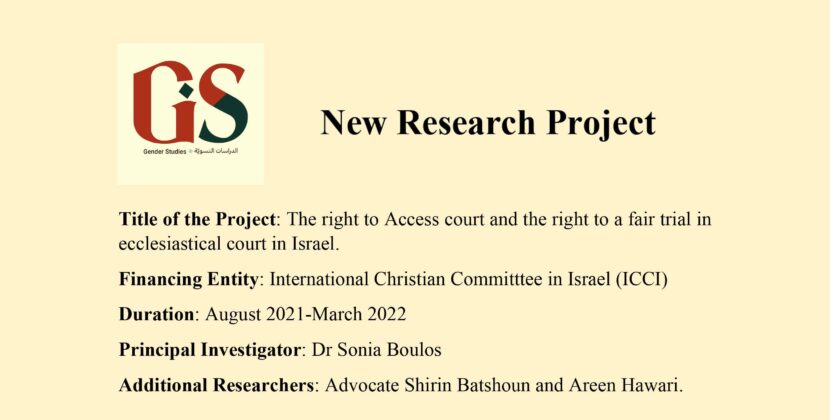Mada al-Carmel’s 2nd Conference for PhD Students, part of our PhD Program held on April 15 and 16, 2016, is an important event for Palestinian academia and wider activism and political engagement in the area. Our PhD program provides Palestinian students and researchers with a unique environment that is sorely lacking in the wider academic space in Israel. The conference gives Palestinian students a space to explore and research critical narratives and issues that are often ignored or actively suppressed in Israel, as well as allowing them to stand on stage in an academic forum and present and discuss their research in Arabic, to an audience of distinguished Palestinians academics. The ability of Palestinians to discuss their work in a solely Arabic setting is something without compare in Israel, and of vital importance. The conference also provides a much needed mentoring and knowledge-sharing structure, where established Palestinian academics can guide the researchers of tomorrow in a spirit of support and collaboration, giving essential advice and feedback on their work. The attendance of a diverse range of figures from within the Palestinian community also aids the essential task of sharing and disseminating Palestinian knowledge with the academic community, activists, and decision makers; ensuring that research can be developed further and usefully applied.
While a total of 18 students were selected to present papers at the conference, only 16 could attend, with 2 being denied entry visas by Israeli authorities. One of these students participated in the conference via Skype, however the other unfortunately could not get a stable internet connection and therefore could not participate. The PhD students were drawn from universities across Israel, the West Bank, and the world. Attendees came from Hebrew University and Haifa University in Israel, Birzeit University in the West Bank, the University of Manchester and LSE in the UK, the University of Paris, Humbolt University in Berlin, the University of Geneva, and the University of Gothenburg to name a few. The audience consisted of academics, fellow local organizations and NGOs, and interested activists. The topics covered by the students addressed a diverse range of pressing issues, framed around 6 thematic areas: Gender; Colonial Perspectives; Social Studies; Planning; Identity; and History. The thematic areas were used to structure the conference, but were dictated by the topics chosen by the students themselves. Issues that were addressed included but were not limited to: women’s Islamic activism and Islamic feminism; the political economy of colonialism; the role of private security companies, individual settlers, and the Palestinian Authority in Israel’s outsourcing of settler-colonialism; the concept of colonial space as linked to the Palestinian body; the results of stratification in education; spatial planning strategies in Bethlehem; farming as a form of resistance; the role and practices of Arab satellite channels; discourses within the Arab blogosphere; and identity strategies of Arab Christians.
The feedback that we have received following the conference, from the students presenting and the academics participating has been overwhelming. Kais Nasser, on the Faculty of Law at Tel-Aviv University, who presented a talk on the Arab-Palestinian minority community in Israel and the planning challenges facing them, emphasized how “important and beneficial” the conference was to “young researchers”. Adeem Massarwa, from the Department of Social Work and Social Welfare at the Hebrew University of Jerusalem, who presented on the prevalence and cause of physical violence among Arab-Palestinian adolescents, highlighted the support given to young researchers by being able to “meet fellow Palestinian researchers and share experiences”. Ferial Khalifa, from the Middle Eastern Studies Department at the University of Manchester stated that this kind of conference helps young Palestinian researchers in “feeling that you’re not alone”. The importance and necessity of the conference was nicely summarized by a comment from Professor Michael Karayanni, a member of the academic committee that selected the PhD presentations, who said that “Mada’s conference is a kind of activity that gives hope. With the inspiration of such a conference and some good will, we can make up for the hollow emptiness we have all around us”. From this feedback, and from events such as this conference, Mada continues to be energetically dedicated to the promotion of a space where young Palestinian researchers, the future academics and thinkers of our community, can finally express themselves and explore pressing issues fully and confidently, where they can receive necessary and otherwise lacking guidance and support from their peers and elders, and most importantly where they can cultivate hope for their careers and their futures.
